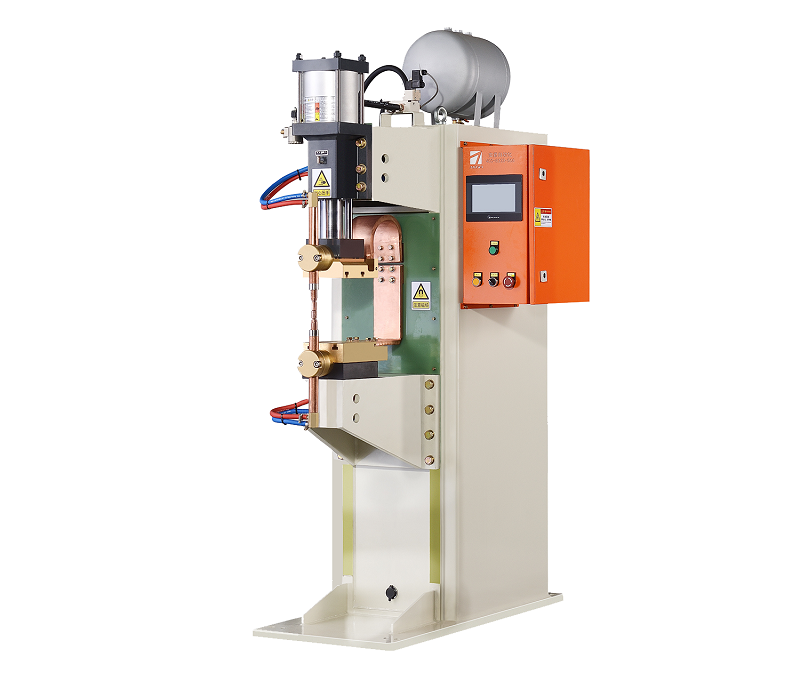Characteristics of Medium Frequency Spot Welding Machines?
Medium frequency spot welding machines have gained significant popularity in the field of metal joining due to their unique characteristics and advantages. This article will delve into the distinctive features that define medium frequency spot welding machines and discuss their impact on welding processes and outcomes.

- High Efficiency: Medium frequency spot welding machines are known for their rapid heating capabilities, resulting in shorter welding cycle times. This high efficiency contributes to increased productivity and reduced energy consumption compared to traditional welding methods.
- Precise Heat Control: These machines provide precise control over the heat input during the welding process. The ability to adjust the heat input allows for tailored welding parameters suitable for various materials and thicknesses, leading to consistent and high-quality welds.
- Uniform Heating: Medium frequency spot welding machines ensure uniform heating across the workpiece surfaces. This uniform heating distribution minimizes distortion and warping in the welded components, preserving their structural integrity.
- Reduced Thermal Distortion: The controlled heating and quick cooling of the workpieces minimize thermal distortion in the welded area. This characteristic is particularly advantageous when working with thin materials or intricate designs.
- Minimal Electrode Wear: Compared to traditional resistance welding methods, medium frequency spot welding machines experience less electrode wear due to the reduced energy required for welding. This results in longer electrode life and reduced maintenance costs.
- Versatility: These machines are suitable for welding a wide range of materials, including steel, stainless steel, aluminum, and their alloys. This versatility makes them ideal for various industries, such as automotive, electronics, and aerospace.
- Improved Weld Aesthetics: The controlled and precise welding process leads to cleaner and aesthetically pleasing welds. This is especially important in industries where the appearance of the weld joint is crucial.
- Less Heat-Affected Zone (HAZ): The quick heating and cooling cycles associated with medium frequency spot welding result in a smaller heat-affected zone. This contributes to maintaining the mechanical properties of the base material and reduces the need for post-weld treatments.
- High Process Reproducibility: Medium frequency spot welding machines offer high process reproducibility, ensuring consistent weld quality even in high-volume production environments.
The characteristics of medium frequency spot welding machines make them a versatile and efficient choice for joining various materials. Their ability to provide precise heat control, uniform heating, and reduced thermal distortion contributes to high-quality welds with improved aesthetics. As industries continue to seek more efficient and reliable welding solutions, medium frequency spot welding machines are likely to play a pivotal role in meeting these demands.